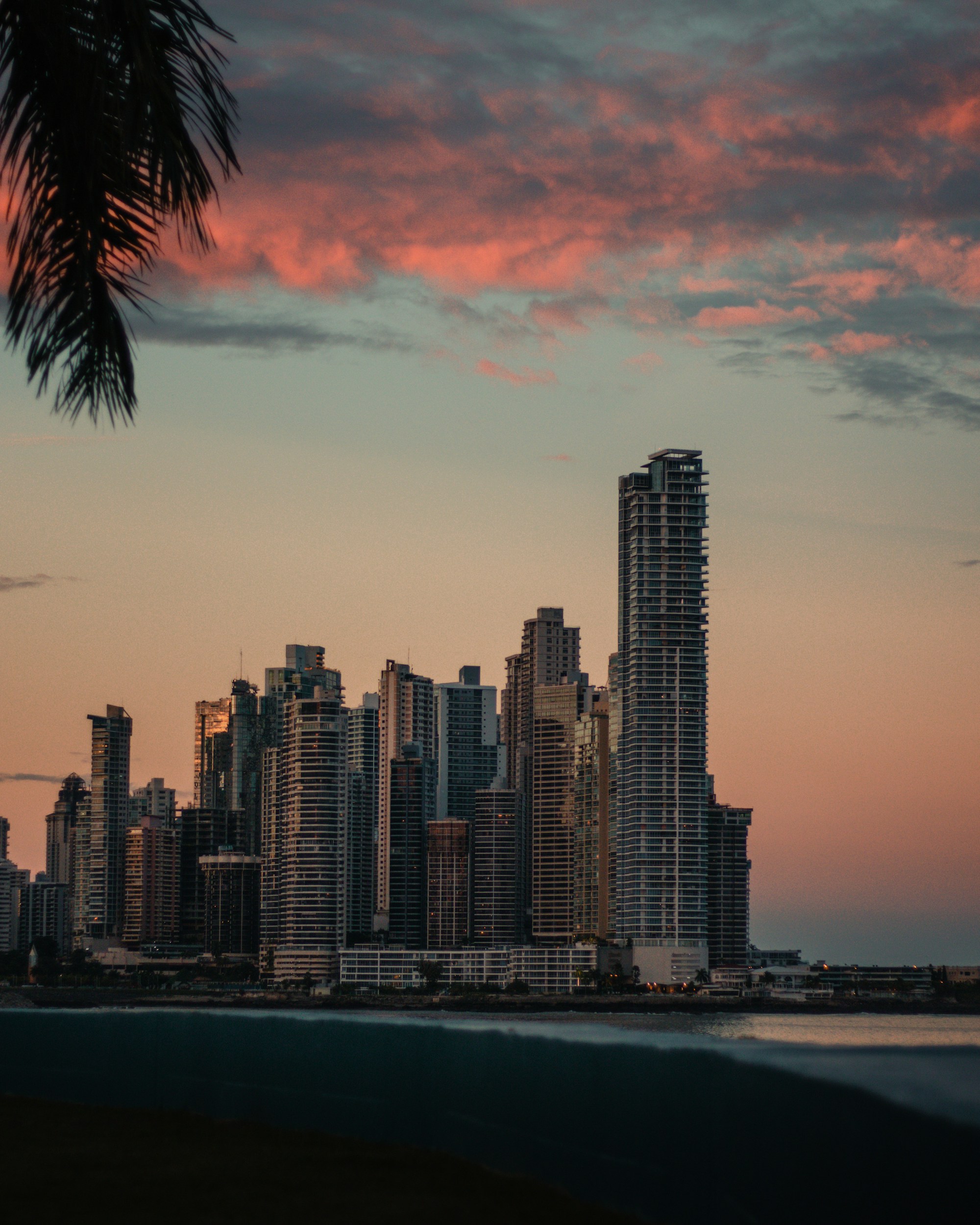Discover Panama's Cultural Heritage: History, Customs, Festivals

Discover Panama's Cultural Heritage: History, Customs, Festivals
Welcome to Panama, a country rich in cultural heritage and natural beauty. Located in Central America, Panama is steeped in history, boasting a vibrant mix of indigenous, European, and Afro-Caribbean influences. From its ancient indigenous civilizations to its colonial past and diverse modern-day customs, Panama offers a fascinating blend of traditions and festivities that are sure to captivate all who visit.
History
The history of Panama dates back thousands of years, with evidence of indigenous civilizations dating as far back as 2500 BC. The region was once inhabited by various indigenous groups, such as the Cueva, Coclé, and Ngäbe-Buglé, who left behind intricate pottery, sculptures, and rock art.
In the 16th century, the Spanish arrived and established the settlement of Panama Viejo, which served as an important trade hub and acted as a gateway for expeditions to conquer Peru. However, due to pirate attacks, the city was relocated to its current location, where Panama City stands today.
Panama gained independence from Spain in 1821 and joined several alliances before becoming part of the Republic of Gran Colombia, along with present-day Colombia, Ecuador, and Venezuela. In 1903, Panama declared its independence from Colombia, with the assistance of the United States, leading to the construction of the Panama Canal.
The Panama Canal is a testament to Panama's history and has played a significant role in global trade and transportation. It connects the Atlantic and Pacific Oceans, allowing ships to avoid the lengthy journey around South America. Today, the canal is a major tourist attraction, attracting visitors from around the world.
Customs and Traditions
Panamanian culture is a fusion of indigenous, European, and Afro-Caribbean customs, resulting in a unique blend of traditions and customs. One of the most prominent aspects of Panamanian culture is its vibrant music and dance. The traditional folk dance, known as "tipico," combines Spanish and indigenous influences and is often accompanied by lively accordion and drum music.
Another cultural tradition in Panama is the pollera, a beautiful and elaborate traditional dress typically worn by women during special occasions and festivals. The pollera is hand-embroidered and showcases intricate patterns and designs, reflecting the country's multicultural heritage.
Religion also plays a significant role in Panama, with the majority of the population identifying as Roman Catholic. Religious festivals and processions are common throughout the country, with Holy Week celebrations in Panama City and Penonome being particularly grandiose.
Panamanians are known for their warm hospitality and friendly nature. It is customary to greet others with a firm handshake and a warm smile. Family values are cherished, and meals are often shared as a time for bonding and conversation.
Festivals and Celebrations
Panama is renowned for its colorful and lively festivals, which showcase the country's rich cultural heritage. One of the most famous festivals is the Carnival of Panama, a vibrant celebration held in the streets of Panama City and other towns across the country. The carnival features parades, live music, traditional dances, and elaborate costumes, attracting both locals and tourists.
Another significant event is the Corpus Christi festival, which combines Catholic religious traditions with indigenous dances and celebrations. Indigenous tribes from different regions of Panama come together to honor the body and blood of Christ through traditional dances and rituals.
Panama also celebrates its Independence Day on November 3rd, marking its separation from Colombia. The day is commemorated with parades, fireworks, and cultural performances throughout the country.
Other notable festivals include the National Festival of Black Christ, the International Film Festival of Panama, and the Flower and Coffee Festival.
With such a rich cultural mosaic, Panama offers a wide array of festivals and celebrations throughout the year, providing visitors with an opportunity to immerse themselves in the vibrant spirit of the country.
<
